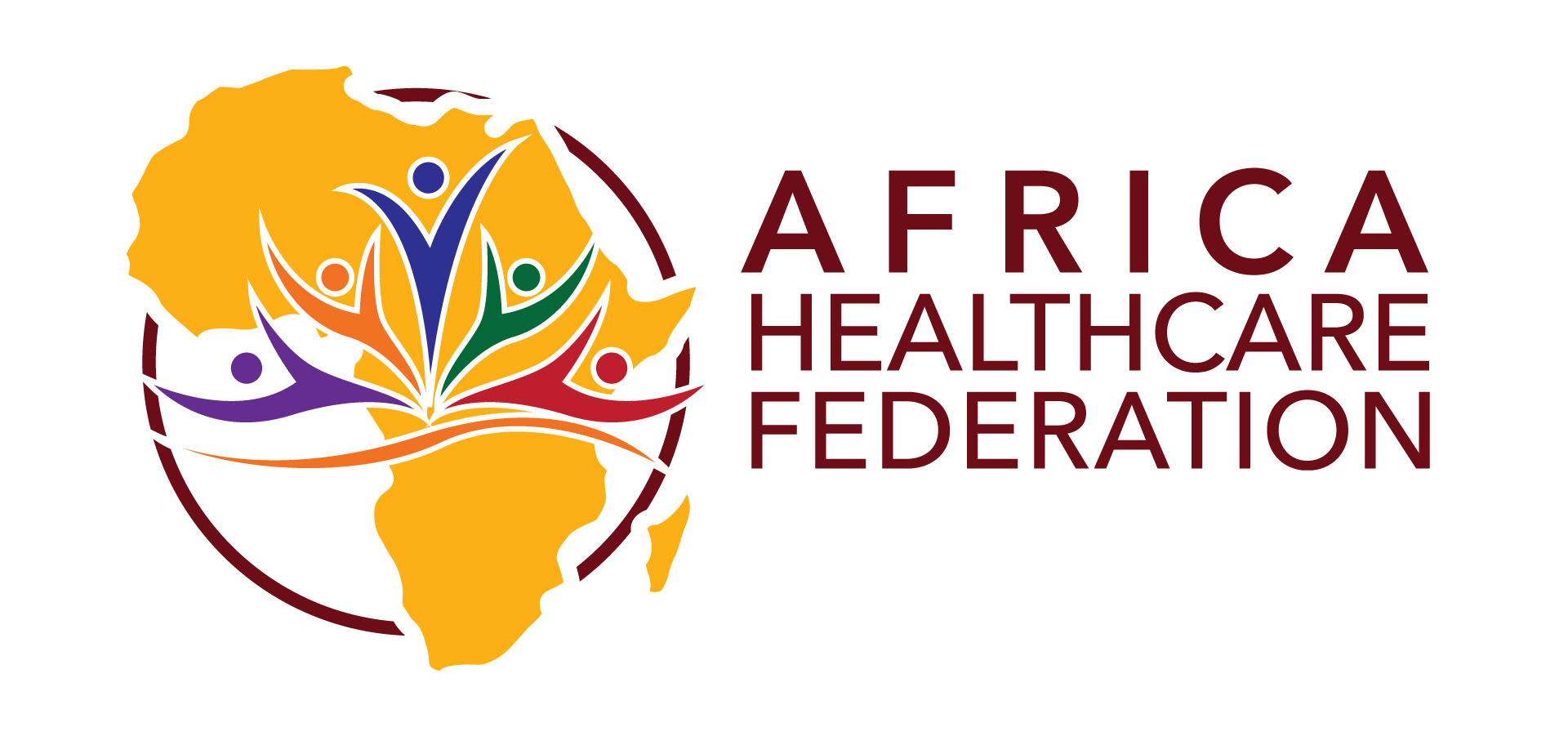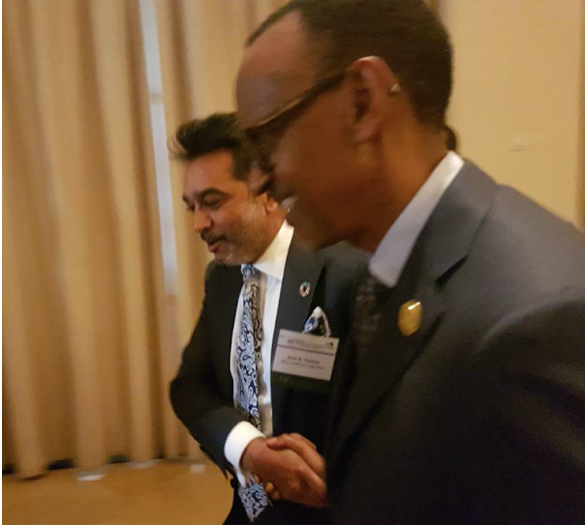Africa Healthcare Federation Chairman, Dr. Amit N. Thakker and H.E. Paul Kagame, President of Rwanda discuss the vision of implementing Public Private Partnerships towards improving health in Africa at the 30th AU Summit in Addis Ababa, Ethiopia
“Universal health coverage and health emergencies are cousins—two sides of the same coin. Strengthening health systems is the best way to safeguard against health crises. Outbreaks are inevitable, but epidemics are not. Strong health systems are our best defense to prevent disease outbreaks from becoming epidemics.”,quoted Dr. Tedros Adhanom Ghebreyesus, Director General, World Health Organization.
It is no surprise that the seemingly far-fetched Universal Health Coverage (UHC) has a lot of other benefits as well. It includes the provision of financial protection and safety nets, creation of jobs and economic outputs, economic growth through a healthier population, and poverty reduction – thereby also allowing individuals and families to afford both healthcare and education simultaneously.
It has also become popularly known that UHC is less of an economic challenge and more of a political challenge. The biggest challenge towards implementation has been the lack of an inclusive dialogue on a national level. Given the complexities associated with UHC, governments should explore working through public-private partnerships focused on a wide range of areas, from health literacy and health system strengthening to access to quality service and financial protection schemes. UHC will only be achieved after a process of learning from experiences, evolving innovation, and diversified approaches that will create the road map to significantly expand the number of people covered by risk pooling arrangements, thus, optimizing resource use and maximizing results.
A structured, collaborative action on UHC is imperative to meet the shared goals of expanding patient access to healthcare through innovative solutions. Achieving long-term sustainability of the health sector will require all stakeholders to consistently and continuously engage at these cross roads of policy and politics.


Comments are closed